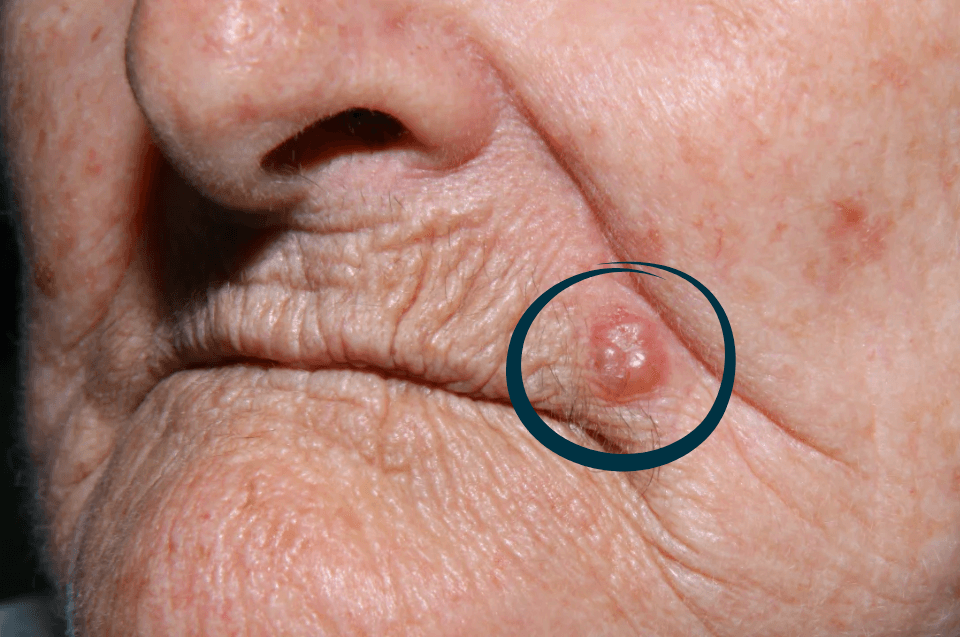Why Prepare Your Health Before Traveling to Chile? 🌄
With its mountains, deserts, wine country, glaciers, and rich culture, Chile is one of South America’s most complete travel destinations. But before packing your bags, it’s important to take health-related precautions—especially when it comes to vaccines, climate changes, and medication regulations.
The good news: Chile has one of the best healthcare systems in Latin America. However, being prepared can make a big difference in how smoothly your trip goes.
Most Common Diseases in Chile (Among Locals) 🏥
🫀 Cardiovascular Diseases
The leading cause of death, especially in urban areas, often due to high-sodium diets and sedentary lifestyles.
🦠 Cancer (notably stomach and lung)
Stomach cancer is unusually frequent in Chile. Factors may include a diet rich in salt and processed meats, and Helicobacter pylori infection.
🌬️ Respiratory Conditions
Asthma and bronchitis are common, particularly in cities with pollution and colder climates like Santiago and Valparaíso.
💉 Type 2 Diabetes
Widespread among adults over 40, often tied to lifestyle habits.
🦟 Vector-borne diseases are rare, but isolated cases of dengue have occurred on Easter Island.
Common Health Issues Among Tourists in Chile ✈️
🤒 Colds and Flu
The country’s sharp temperature shifts and dry desert or winter air can lead to respiratory infections.
🧻 Gastrointestinal Upset
Usually mild and linked to changes in diet or consuming untreated water in remote regions.
🧴 Dehydration and Sunburn
A risk especially in the Atacama Desert and high-altitude regions. Stay well-hydrated and apply sunscreen regularly—even in cold weather.
Should I Bring Medication from Home? 💊
Yes, highly recommended. Always pack a personal health kit with:
Prescription medications you use regularly
Antihistamines (e.g., loratadine, cetirizine)
Medication for pain or fever (e.g., acetaminophen/paracetamol, ibuprofen)
Medication for digestive issues, including:
Loperamide (diarrhea)
Calcium carbonate, magnesium hydroxide, or simethicone (indigestion, gas)
Medication for motion sickness or altitude sickness, such as:
Dimenhydrinate or meclizine (nausea)
Acetazolamide (for altitude adaptation)
💡 Tip: Some drugs that are over-the-counter in your country may be prescription-only in Chile or not available at all.
Are Any Medications Prohibited? 🚫
Yes. Bringing controlled substances or prescription medications may cause issues at customs if you don’t meet these requirements:
Doctor’s prescription
Original packaging
Quantity appropriate for your travel duration
❗ Be especially cautious with medications such as:
Benzodiazepines (e.g., clonazepam, diazepam)
Opioids (e.g., codeine)
Hormones (e.g., large amounts of thyroid or steroid medications)
Traveling with these in large quantities or without documentation can result in customs delays or confiscation.
How the Healthcare System Works in Chile 🏥
Chile has two main healthcare systems:
Public system (FONASA) – Free or low-cost for citizens and residents. Not accessible to tourists.
Private system (Isapres) – High quality, but often expensive without insurance.
🏥 Private hospitals, especially in Santiago, are modern and highly rated. The public system functions well in urban centers, but may be limited in rural or remote areas.
Do I Need Travel Insurance for Chile? 💳
✅ Yes—absolutely essential. Tourists do not have access to Chile’s public healthcare, so travel insurance is crucial. Look for coverage of at least USD $30,000, including:
Emergency medical care
Air evacuation (especially for Atacama or Patagonia travel)
Medications and dental care
Reimbursement for trip delays, cancellations, or lost luggage
Also, make sure your insurer offers easy mobile access or support in English.
Recommended Vaccines for Travel to Chile 💉
No vaccines are required to enter Chile, but the following are strongly recommended:
COVID-19: Complete vaccination series
Influenza: Especially if visiting in Chile’s autumn or winter (May to August)
Hepatitis A and B: If visiting rural areas or staying for an extended period
Tetanus and diphtheria (Td): Keep booster up to date
Practical Health Tips for Traveling in Chile 🧳
🧴 Use sunscreen—even on cool or cloudy days at high altitudes
💧 Drink plenty of water, especially in dry regions like the Atacama
🍷 Be mindful with alcohol—Chile’s wine is excellent and easy to overdo
🥖 If you’re prone to digestive issues, limit salty or heavily processed foods
💊 Keep your medications in your carry-on bag, not checked luggage
🏥 Save the address of clinics near your accommodation
📲 Download your travel insurance app before you go
Final Thought: Chile Is Amazing—But Good Planning Matters 🏔️❤️
Chile offers stunning landscapes, strong infrastructure, and safe travel conditions. But be aware: altitude, climate variations, and limited access to public healthcare for tourists can cause problems for unprepared travelers.
So, get your travel health kit ready, check your vaccination status, and don’t skip travel insurance. With all that in place, all that’s left is to enjoy the wine, the Andes, and what might just be the most beautiful sunset of your life.



